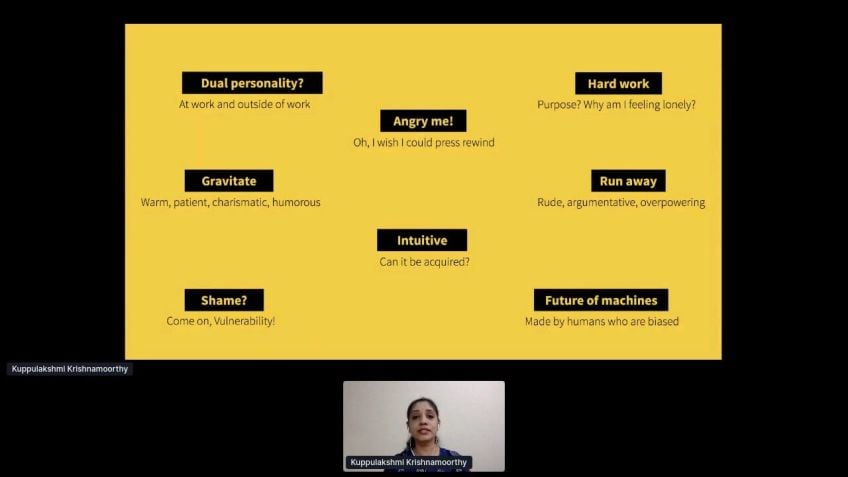- Career Path
- Communication and Soft Skills Trainer
Communication and Soft Skills Trainer
Career Path: Communication and Soft Skills Trainer
Within the field of Communication and Soft Skills, the role of a trainer is essential for cultivating effective communication and interpersonal skills among employees. As organizations increasingly recognize the importance of fostering communication and soft skills, the demand for qualified trainers in this field is on the rise. This career path enables individuals with a passion for communication and interpersonal development to utilize their expertise to empower others and drive positive change within the workplace.
Opportunities
As a Communication and Soft Skills Trainer, you will have the opportunity to work with a diverse range of companies, industries, and individuals, providing training and guidance in areas such as assertive communication, active listening, conflict resolution, emotional intelligence, and leadership development. Additionally, there is growing demand for freelance trainers to conduct workshops, seminars, and coaching sessions, offering flexibility and the chance to work independently or with training organizations.
Required Skills
To excel in the role of a Communication and Soft Skills Trainer, individuals should possess exceptional communication and interpersonal skills, deep understanding of communication theories and practices, and the ability to create engaging and impactful training materials. Additionally, a strong foundation in psychology, sociology, or human behavior can provide valuable insight into the development and delivery of effective soft skills training programs.
A keen understanding of adult learning principles, facilitation techniques, and the ability to adapt training methods to diverse audiences is also critical. Lastly, the capability to assess training outcomes, provide constructive feedback, and continuously improve training strategies is indispensable for success in this dynamic and rewarding career path.

